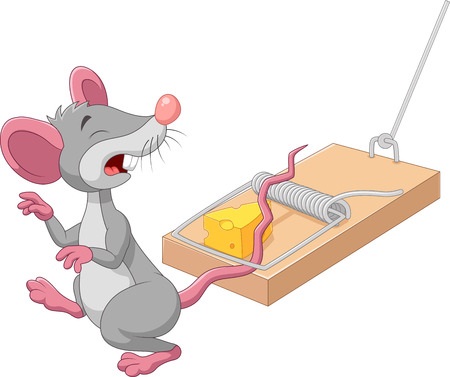
Do you ever find yourself replaying past situations or conversations?
Do you find yourself worrying about how the future will go?
What if things go wrong?
What if it doesn’t work out?
What if you fail?
Often, our thoughts are skewed towards the negative things that happened or the negative things that may happen.
Why should we be concerned about that?
Because it increases our feelings of stress, overwhelm and anxiety.
Research studies show that being in the PRESENT MOMENT is linked to numerous health benefits including lower levels of stress and anxiety, improved mood and better relationships.
Being in the PRESENT MOMENT is focusing on what is happening in our life RIGHT NOW rather than allowing our mind to dwell on the PAST or predict the FUTURE.
According to one study from Rutgers University, acknowledging the value of the present moment—and feeling positive emotional connections to this moment can DOUBLE your overall LIFE SATISFACTION.
Another study found that people, on average, spend 46.5 percent of their waking time “mind wandering” which takes us away from being in the present moment.
How do we keep ourselves in the present moment?
Try these 5 Strategies
Strategy #1 Focus on what you are doing right now
Each time your mind starts to wander—pull it back to FOCUS on the task in front of you.
Give yourself a command-
“I am going to put all of my minds energy on the task in front of me right now”
It can even help with listening and good communication—
“I am going to give all of my attention to this conversation that I am in right now”
When we spend too much time thinking about what happened yesterday, last week, last month or too much time thinking about next week, next month or next year, we miss out on the PRESENT MOMENT.
Strategy #2 Stay where your feet are.
If you’re always thinking about what you need to be doing next, and all the other things you need to be getting done, you’re no longer focused on the moment you’re in.
You create more feelings of overwhelm and stress because your mind is hopping ahead to the future.
Say to Yourself: Stay where your feet are…..It reminds you to be present, right here, right now.
When you start thinking about things that happened in the past:
- Replaying past conversations
- Mistakes you’ve made
- Resentments that are eating you up
- Embarrassing moments
- Thoughts of how you should have done things differently
Say to yourself: Stay where your feet are. Your feet are right here, right now—not in those past situations.
Strategy #3 Savor the moment
Sometimes it’s so easy to be there but not really be there. Sometimes when we’re overwhelmed and life is going too fast, we numb out. Maybe we kiss our loved ones hello or goodbye but we don’t really ‘feel it’ because we’re not really there.
If you consistently remind yourself to slow down and savor the moment, over time you won’t feel so distracted or stressed.
Enjoy that hug!
Watch those birds play in that puddle!
Savor those children laughing!
Appreciate the color of the leaves!
You’ll be able to discover the extraordinary in the ordinary.
Slowing down and savoring what’s right in front of us can help us develop a sense of appreciation which helps us to feel more joy and happiness in our life.
Learning to “savor the moment” in life is a convenient, free, and effective way to increase your happiness and quality of life, and reduce stress
Strategy #4 Ask : “Where am I right now?” “Am I here?”
It’s just a simple question that can help you become aware of where your mind is—is it in the past, the future or the present.
If it’s in the past or future, you can then steer your mind back to the PRESENT.
Strategy #5 There’s No Next thing to get to right now.
Imagine that there is no next event, next task, next person or next anything to get to right now. Invite yourself to stop preparing or getting ready for something else. Just be totally focused on what you are doing now.
There’s no next thing to get to right now. Just be here with this.
Use these strategies and you’ll discover that the more you can keep your mind from traveling into the past or into the future, the less stress, frustration and anxiety you will have.
P.S. If you’d like some help improving your life or relationships, email or call me to set up a FREE time to visit about how getting a life coach can help you…..
Email fay@fayprairie.com
Phone 507-829-0181

 Burying it isn’t a good idea!
Burying it isn’t a good idea!


